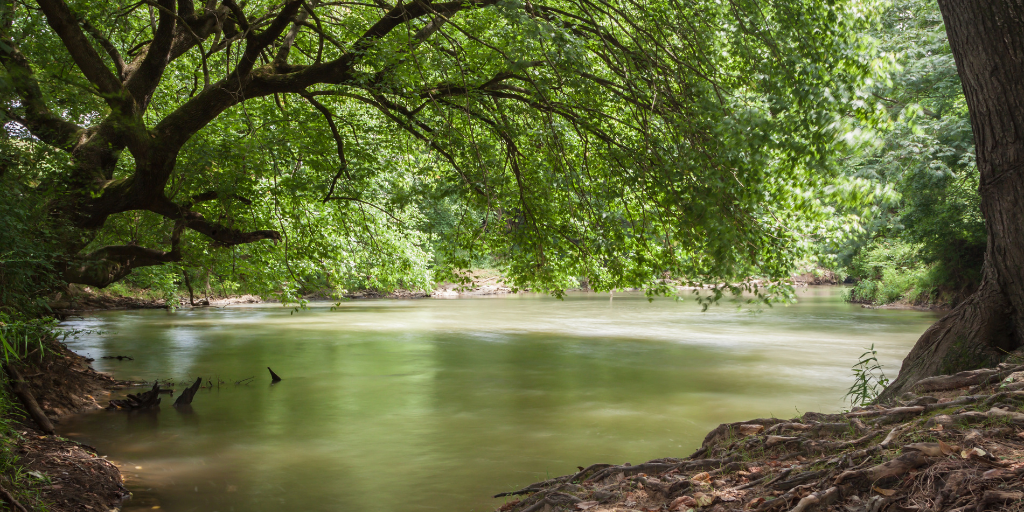Environmental groups urge European Commission to speed up nature safeguards in the Western Balkans, Ukraine, Georgia and Moldova
The EU must accelerate plans to strengthen nature protection rules for energy infrastructure development under the Energy Community Treaty (1), 36 civil society organisations today urged the EU Commissioner for Environment, Virginijus Sinkevičius, in a joint letter.
23 February 2024

The Energy Community countries are no strangers to conflicts between energy infrastructure and nature protection. Rampant hydropower construction in the last two decades has damaged rivers and streams in some of the most precious and pristine areas of the Western Balkans, Dniester River basin, and Georgia (2).
But as the countries strive to overcome the recent energy crisis and meet their 2030 renewable energy targets (3), a significant ramp-up in energy infrastructure construction is starting, including both low-impact forms such as rooftop solar and highly damaging ones like hydropower and forest biomass. This is expected to intensify in the coming years.
The Energy Community countries are global biodiversity hotspots, with well-preserved mountains, river and lake systems, that are home to numerous endangered and endemic species and important habitats. Many rivers are still in good or pristine condition, but are woefully under-protected. The EU accession process requires the countries to enact EU nature protection legislation, but in many cases there are no clear deadlines for this.
The organisations are therefore asking the Commission to speed up the inclusion of the EU Habitats, Birds and Water Framework Directives in the Energy Community Treaty, in order to ensure a balance between nature protection and energy sector development.
In December 2023, the European Commission indicated that these Directives could be included in the Energy Community Treaty by the end of this year if work commenced ‘shortly’ (4). However, it is not clear whether any proposals have been prepared yet.
According to the organisations, ‘solar and wind development is finally ramping up, which is welcome and necessary’. But, they warn, ‘adequate environmental safeguards are a fundamental precondition for the success of such development and for the avoidance of a public backlash against renewables.’
Pippa Gallop, Southeast Europe Energy Policy Officer at CEE Bankwatch Network – ‘This region has already suffered from uncontrolled hydropower development and widespread public resistance. We can’t afford to repeat this with solar and wind.’
‘The Commission urgently needs to include EU biodiversity and water safeguards in the Energy Community Treaty, to reach a better balance between energy development and nature protection.’
The joint letter can be found here.
Contacts:
Pippa Gallop,
Southeast Europe Energy Policy Officer
CEE Bankwatch Network
pippa.gallop@bankwatch.org
+385 99 755 9787
Skype: pippa.gallop
Andrey Ralev,
Biodiversity Campaigner
CEE Bankwatch Network
andrey.ralev@bankwatch.org
Notes for editors:
- The Energy Community Treaty is an international organisation which brings together the European Union and its neighbours to create a pan-European energy market. It was founded by the Treaty establishing the Energy Community signed in October 2005 in Athens, Greece, in force since July 2006. Its key objective is to extend the EU internal energy market rules and principles to countries in Southeast Europe, the Black Sea region and beyond on the basis of a legally binding framework. The current Contracting Parties are Albania, Bosnia and Herzegovina, Georgia, Kosovo, Moldova, Montenegro, North Macedonia, Serbia and Ukraine.
- For more on this topic, see for example https://bankwatch.org/project/rivers, https://www.balkanrivers.net/en.
- More information on the targets can be found here.
- See the conclusions of the Energy Community’s 26th Environmental Task Force meeting from December 2023.
Never miss an update
We expose the risks of international public finance and bring critical updates from the ground – straight to your inbox.
Institution: EU
Theme: Energy Community Treaty
Location: Georgia | Ukraine | Moldova | Western Balkans
